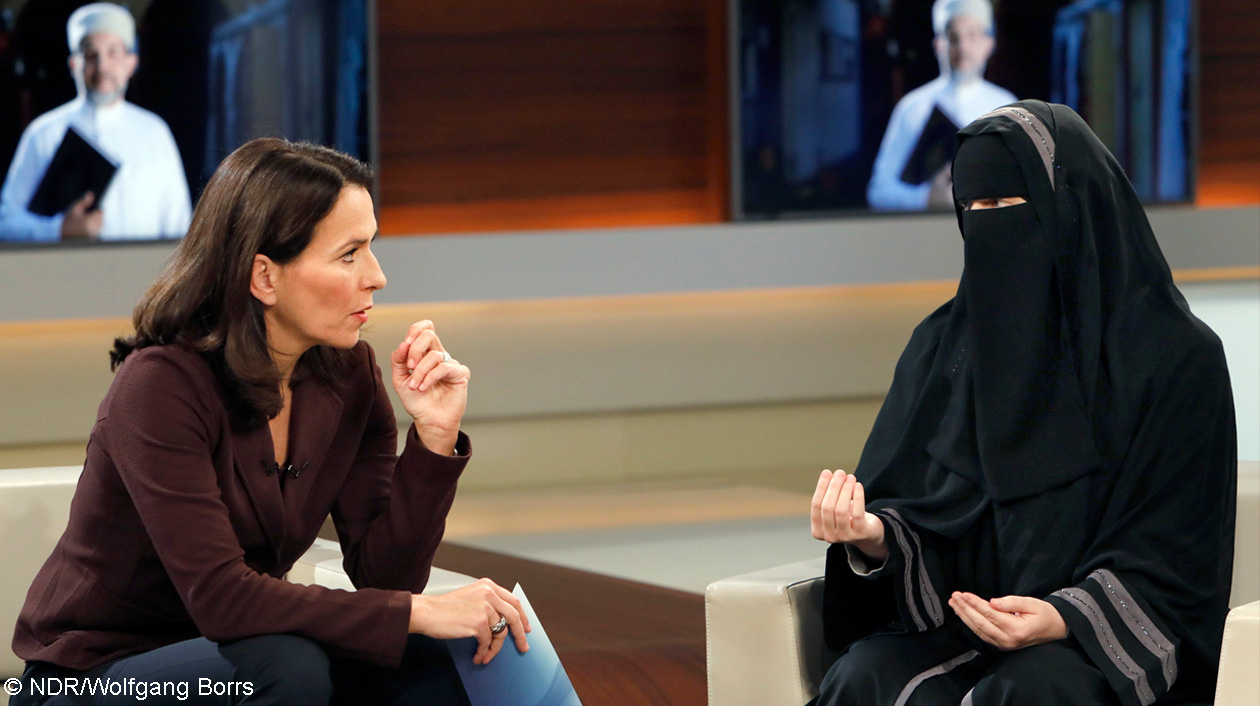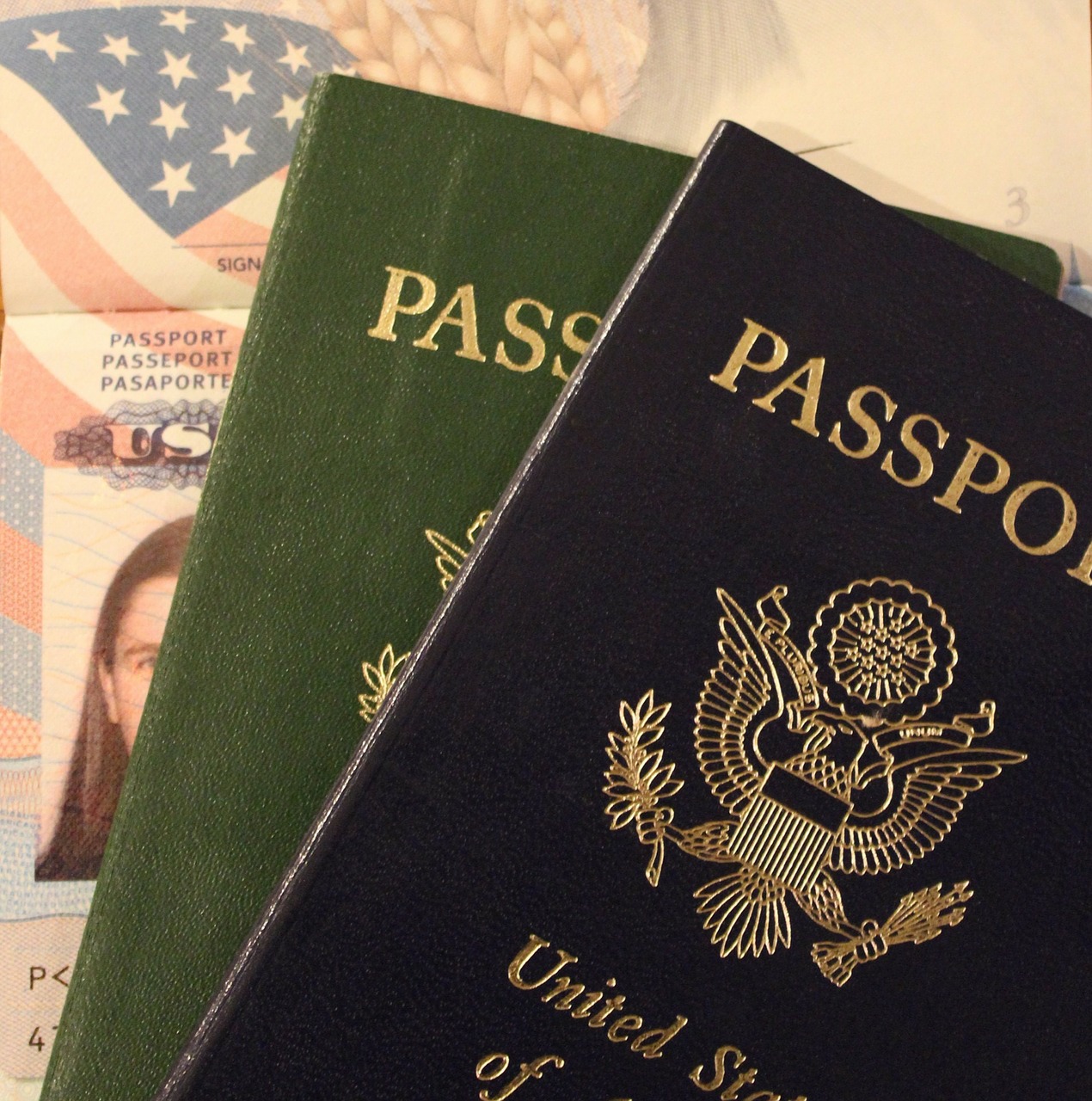This article introduces us to Sara and Fzilat: two sisters born and raised in Zurich, who live according to the Qur’an, wear a headscarf and attend the University of Zurich. Pakistan, the land of their parents, they barely know – their homeland is Switzerland.
Neither one of the girls is afraid to speak about their religion, or the wearing of a headscarf, while surrounded by other students. Fzilat explains that she began wearing hers at the age of 14, and that her mother had no influence on the decision: “Back then in secondary school I just thought, it’s about time for it.” Though she has covered her entire face on certain occasions, in Zurich, at the university or on the ski slopes she would not, as it simply does not fit. According to her, that is also in accordance with the Qur’an.
Sara, seven years the elder, runs off quickly to the bathroom to switch from an azure headscarf to a turquoise one for the photo shoot. “She has scarves in every color,” says Fzilat jokingly. Sara is what is generally called a “working student”: while majoring in English and minoring in pedagogy and Russian, she worked as an English teacher for large companies and accompanied clients during language trips. Though she stills lives at home, she covers all her other costs.
How is it, studying with a headscarf? “No problem,” they answer in choir. A few looks every now and then, but nothing compared to “outside,” says Fzilat. Sara tells a story of how once while visiting an elementary school as an English teacher, a teacher told Sara to sit next to her and said: “This is what a Muslim looks like.” In the teachers’ room people would switch their accent and ask her “what are you looking for?” She laughs while telling these stories – moments to encourage some indirect awareness training, she says, while assuring that she breaks the ice quickly each time.
Her sister Fzilat would have liked to become an elementary school teacher. Following high school she was accepted into a faculty of pedagogy and began along with two other headscarf-wearing women. “That’s when the knife was put to my throat, so to speak.” While she was finishing a compulsory internship, the father of one of her students threatened to get the press and politics involved, because he did not want a Muslim teaching his son. The school administration forced Fzilat to remove her headscarf while teaching, but it made her feel uncomfortable. After hours of discussion with those involved, she ultimately decided to leave pedagogy altogether after three months. Since that time only one of the three Muslims women has continued in pedagogy. At the faculty the rules are clear: studying with a headscarf is allowed. The transfer to the classroom, however, is full of hurdles.
Oppression of women, forced marriage, holy war – for Sara, none of this fits with her understanding of Islam. “Islam also means freedom,” says Fzilat. The prophet Mohammed said that women should cover their beauty; however, he did want for women to be able to work. “That’s why the eyes, hands, and feet need to stay uncovered,” she says. The sisters pray numerous times daily, go to the mosque on Fridays and attend the monthly meetings of the community. They also find it self-evident that their parents will be involved in the choice of their future husband (most likely a Muslim from the community). “My parents know me the best,” says Fzilat.
And what do the sisters do to try and remedy all these misunderstandings about Islam? Sara’s method is through personal encounters. She is involved in interreligious dialogue across Switzerland. “My dream is to give public talks on Islam throughout all of Switzerland,” she says.




